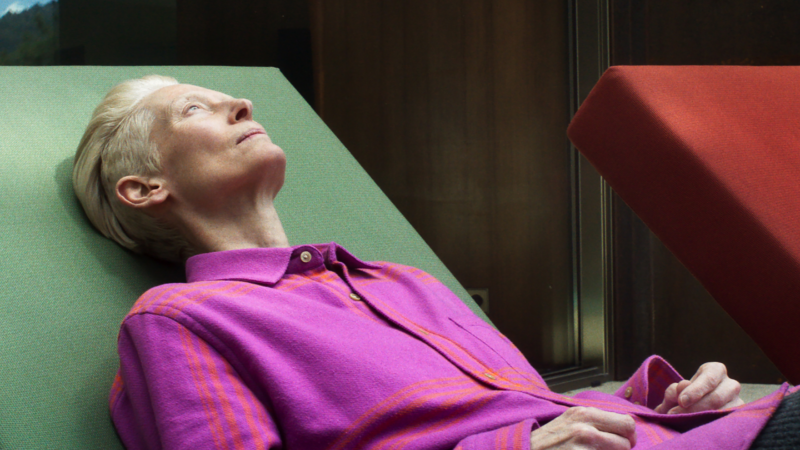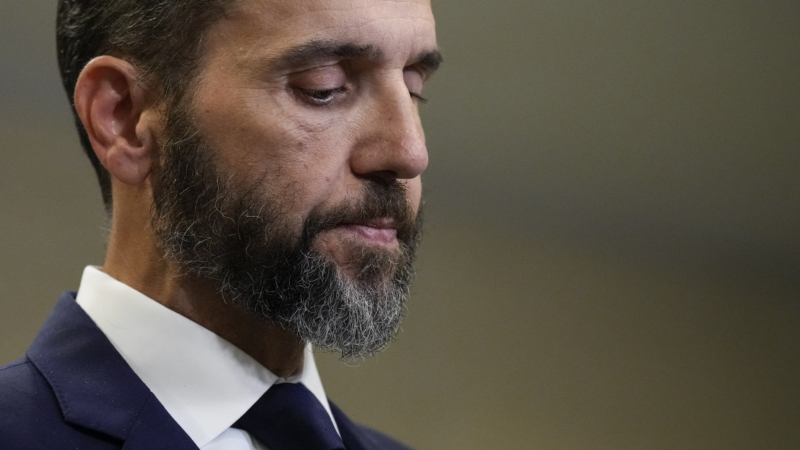French lawmakers oust the prime minister after just 91 days, toppling the government
LONDON and PARIS — French lawmakers have voted to oust Prime Minister Michel Barnier in a historic no-confidence vote.
It is the first time France’s national legislature has voted to topple the government in this way since 1962.
The vote — 331 in support of no confidence, well above the 288 needed to approve it — deals a heavy blow to President Emmanuel Macron, who named Barnier as prime minister in September after snap elections in which no single party won a legislative majority.
Under the French Constitution, new elections cannot be held until next summer, a year after the last legislative elections. Leading up to the vote, Macron vowed to serve out his term ending in 2027, but will now need to appoint a new prime minister. With the National Assembly, France’s lower house of parliament, split into three major blocs — the far-right National Rally, the left-wing coalition New Popular Front and Macron’s centrists — the way forward for Europe’s second-biggest economy is expected to be rocky.
Barnier had survived an earlier no-confidence vote in October. But now, he will be forced to step down after legislators from opposing parties voted against him Wednesday, angered that he pushed through a 2025 national budget without a legislative vote.
At 73, he is the oldest politician to serve as premier in France’s modern history. After just 91 days in office, he has served the shortest time in the post.
Barnier’s 50-year political career has included stints as French foreign minister and European Union commissioner. He won praise for his years-long efforts to negotiate terms for Britain’s departure from the EU, known as Brexit.
Barnier’s critics accused him in parliament of leading a government “without democratic legitimacy,” in a sign that appointing a new government may prove complicated, since it too could face no-confidence votes, unless one of the party blocs can attract enough supporters from other parts of the political spectrum to form a firm majority alliance.

Marine Le Pen, a strong proponent of more muscular immigration restrictions and anti-crime policies, criticized Barnier to his face during the no-confidence debate Wednesday, saying he had proposed a technocratic budget that refused “to tackle the causes of the dizzying increase in security concerns and crime faced by the country.”
Despite her party’s demands for more purchasing power for French consumers, who have suffered significant rises in their cost of living, Barnier had “just given us crumbs,” she said, to applause from her fellow National Rally lawmakers. “Your only answer has been taxes, taxes and more taxes.”
The challenge in the coming days, as Barnier had warned ahead of this vote, may come from the economic markets, as investors pull money from the French economy and the budget that sparked this political conflagration remains unpassed.
During the debate, Barnier described the vote as “a moment of truth, of responsibility.” France needs to “look at the realities of our debt,” he added, insisting that he had not taken any pleasure in proposing difficult measures in the budget, and had developed it alongside both chambers of the French parliament.
Barnier was only able to push through the 2025 budget earlier this week on the understanding that he would face a no-confidence vote just two days later. Now that his government’s fallen, that budget will not be enacted, and a caretaker government now has to pass emergency laws to ensure France’s national debts are serviced, fresh loan requests are issued and salaries are paid to its civil servants and military personnel starting in January.
This is a developing story that may be updated.
Willem Marx reported from London; Eleanor Beardsley reported from Paris.
A record 24 million people now get Obamacare health plans. Will it last under Trump?
Enrollment in Affordable Care Act health insurance plans has grown every year of the Biden administration, leading to a record high rate of people with insurance.
Tilda Swinton thinks about death and says you should, too
Swinton plays a woman dying of cancer in Pedro Almodóvar's The Room Next Door. "A life spent considering how we're going to spend our end is not wasted time," Swinton says.
Girl Scouts are retiring two cookie flavors (don’t worry, your Thin Mints are safe)
2025 will be the last time you can buy Girl Scout S'mores and Toast-Yay! cookies. They join the ranks of many other discontinued flavors — RIP Mango Cremes with Nutrifusion and cheesy Golden Yangles.
Here’s where things stand for several major landmarks in the Los Angeles fires
The fires raging across Los Angeles are putting some cultural institutions in danger.
Justice Department wants to release only part of its report on Trump cases
Prosecutors dropped the two criminal cases against Trump after he won the 2024 election, and the final report by Smith may be the last chance for prosecutors to explain their decisions.
Trump asks the Supreme Court to block his sentencing in hush money case
President-elect Donald Trump is scheduled to be sentenced on Jan. 10 in New York. His latest legal move to block sentencing comes after a New York appeals court rejected a similar appeal Tuesday.




